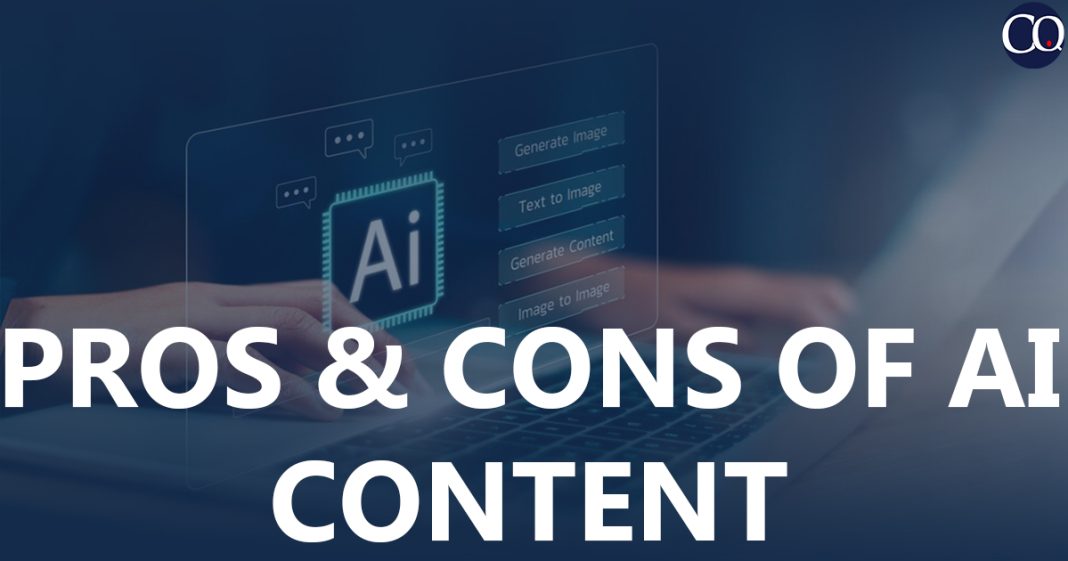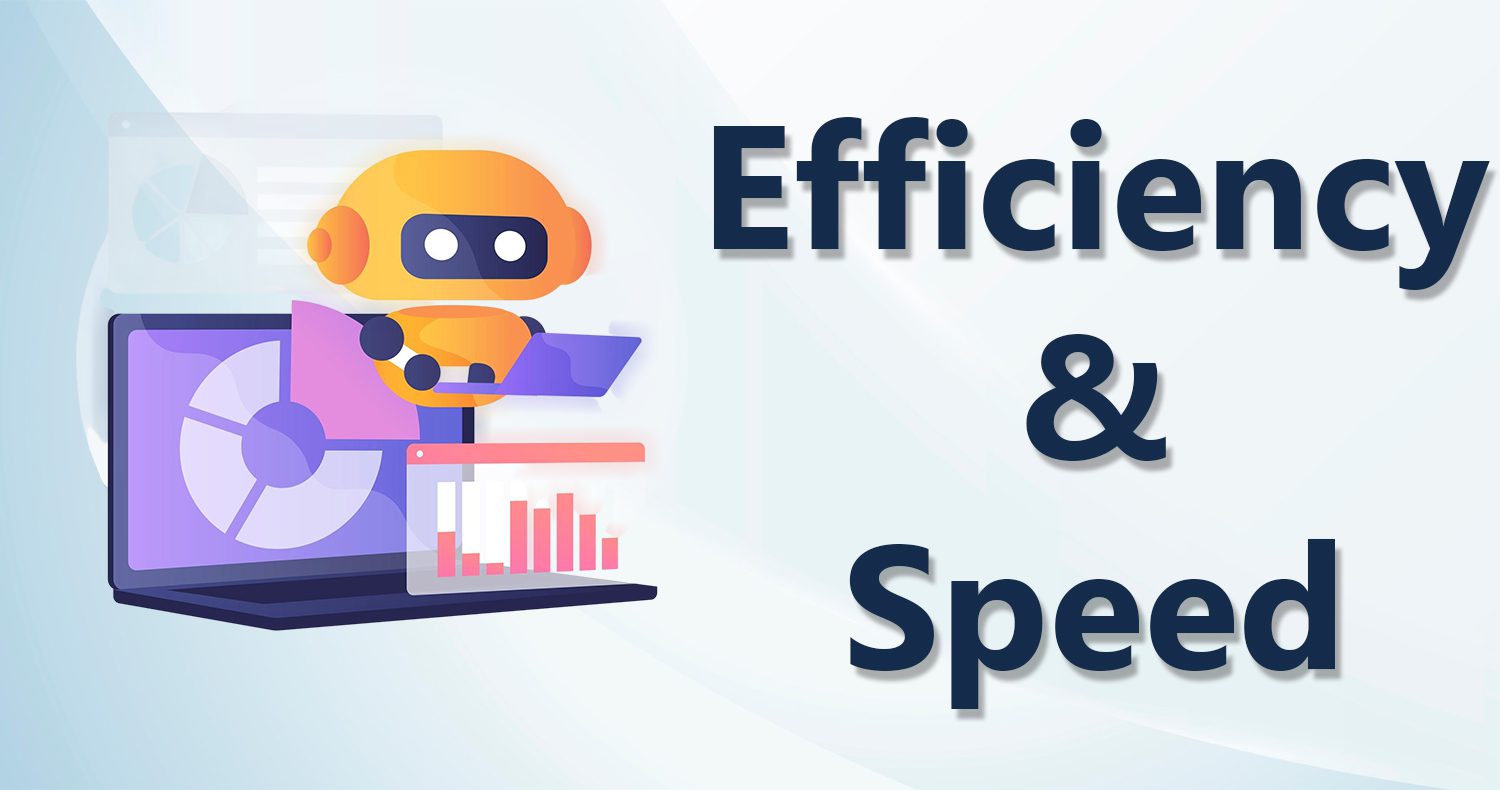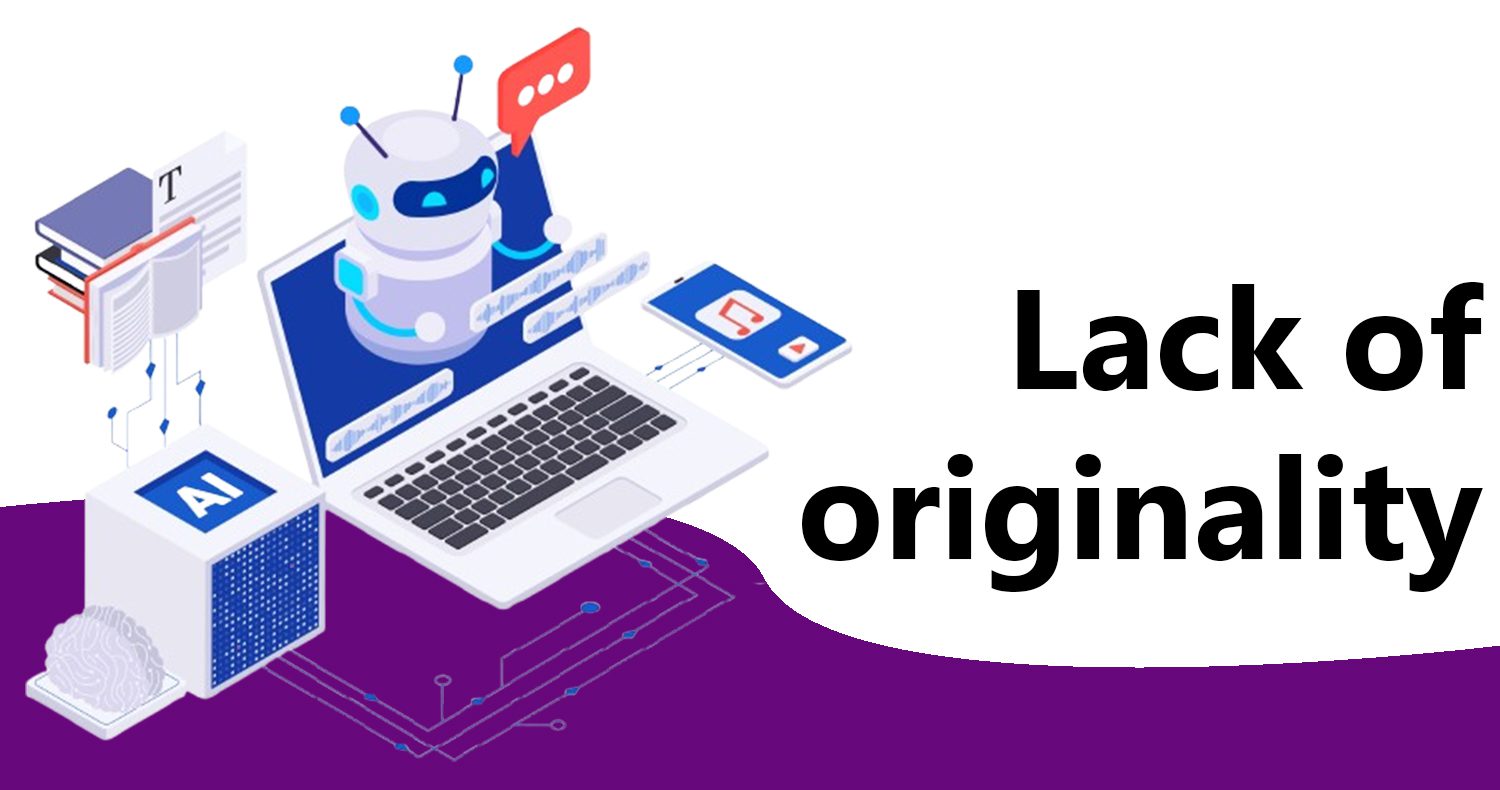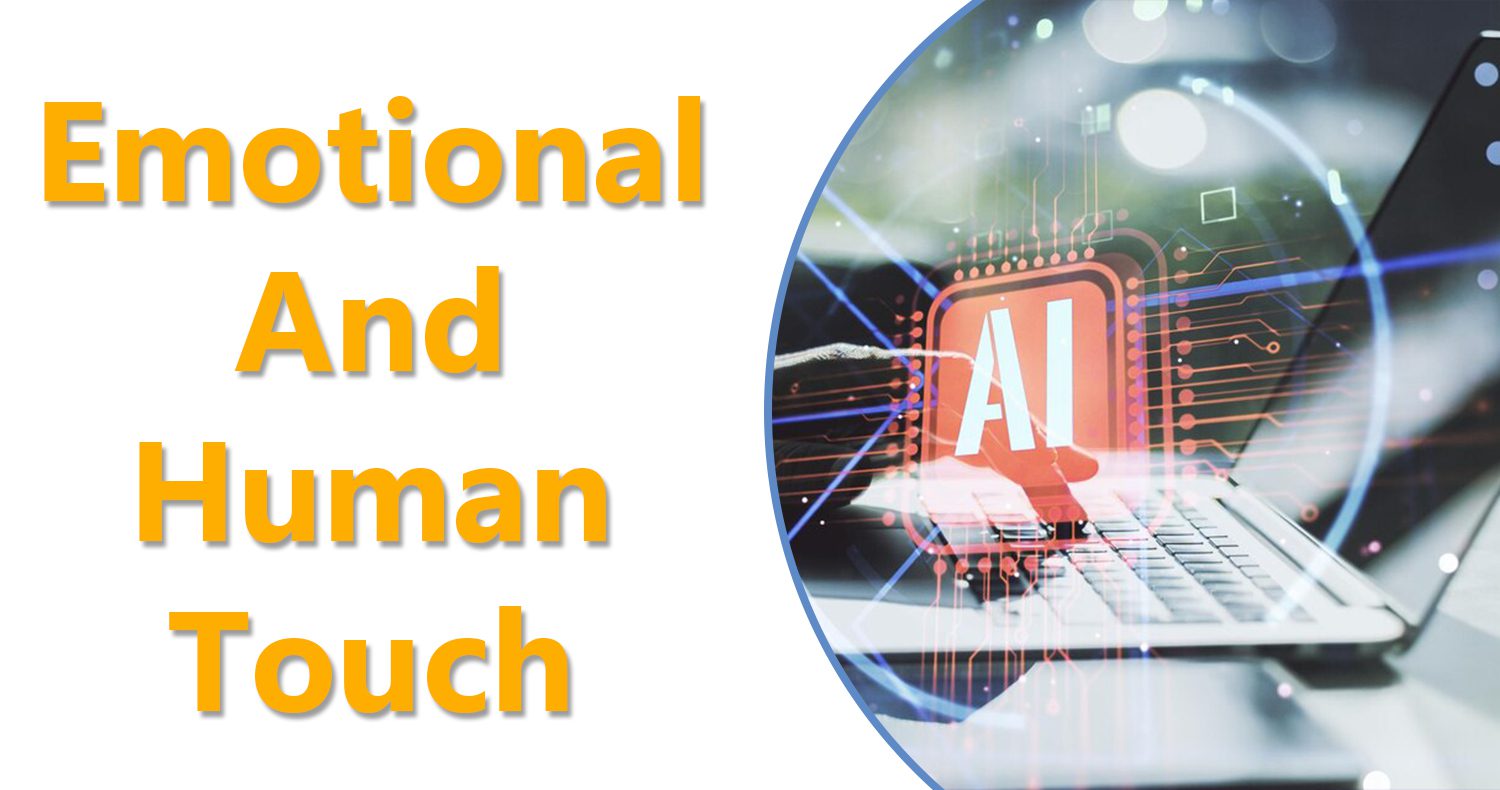The way we generate and deliver knowledge online is being transformed by AI-generated content. AI can swiftly create content, blog posts, product descriptions, social media updates, and articles using refined algorithms and machine learning. It employs vast amounts of data to furnish content that aligns with customers’ interests, aids in SEO, and tracks popular subjects.
AI has certain drawbacks despite its advantages, including time and money savings, consistency, and constant operation. For instance, it may be effectively and innovatively absent, and it periodically shows bias. To fully apply AI’s potential in content creation, it’s essential to strike the right balance between robotization and human inclusion.
Pros & Cons of AI Content: Boosting Efficiency or Hurting Creativity
Pros of AI Content:-
Efficiency & Speed: AI saves time by producing material quickly, which benefits writers and creators. Since of its aptitude to make expansive sums of content quick, it is perfect for errands like item portrayals, web journal sections, and social media overhauls. This speeds up the composing prepare and keeps scholars effective by letting AI handle the composing whereas they center on other obligations.
Cost-Effective: Businesses can reduce the requirement for a large crew by automating the content development process. Because fewer workers are required to do the task, money is saved. Businesses can concentrate on other vital regions whereas still getting the fabric required at a decreased fetched by mechanizing the handle, which makes substance generation simpler and less costly.
Pros & Cons of AI Content: Is AI the Future of Content Creation
Consistency: AI can support keeping steadiness in the standard, tone, and style of all content. For brands that wish to have a steady voice across their works, this is important. AI guarantees that the message remains consistent throughout blogs, social media posts, and product descriptions, which helps businesses retain their brand and communicate with their audience.
Cons of AI Content:-
Lack of Originality: Frequently borrows from preexisting knowledge and patterns, which can limit its originality and creativity. Its adherence to specific criteria may make the content seem cliched or repetitious. AI can generate valuable information but it might not necessarily generate original concepts or viewpoints. In contrast to standard, formula-based material, this lack of uniqueness may be a disadvantage for organizations looking for more creative or individualized content.
Emotional & Human Touch: AI-generated material can come across as cold or aloof. It might have difficulty adding feelings, empathy, or the human element that adds interest and connection to the information. AI is capable of producing valuable details, but it may not be able to replicate the human connection that comes from genuine human emotions and experiences. This lack of emotional depth may make the content less interesting. To add that unique, relatable touch, human input is frequently required.
Read More:- Best SEO Marketing Tools to Boost Rankings






